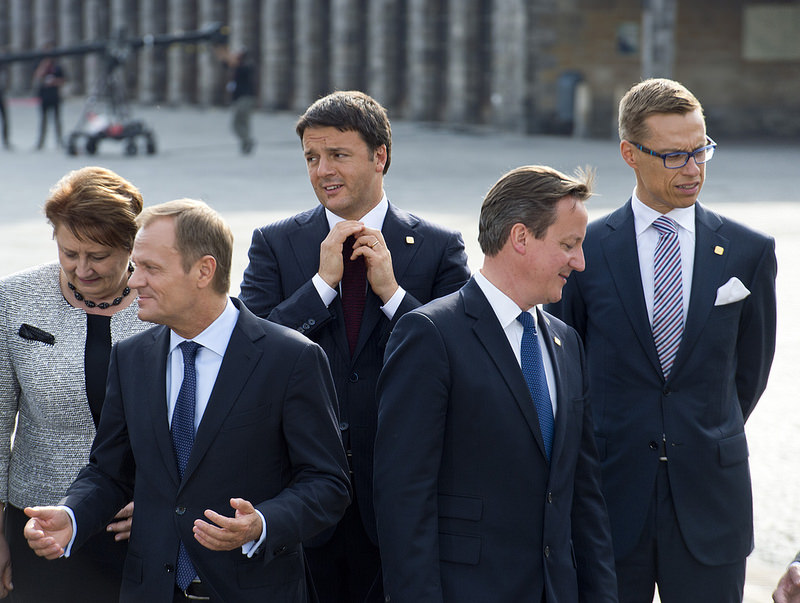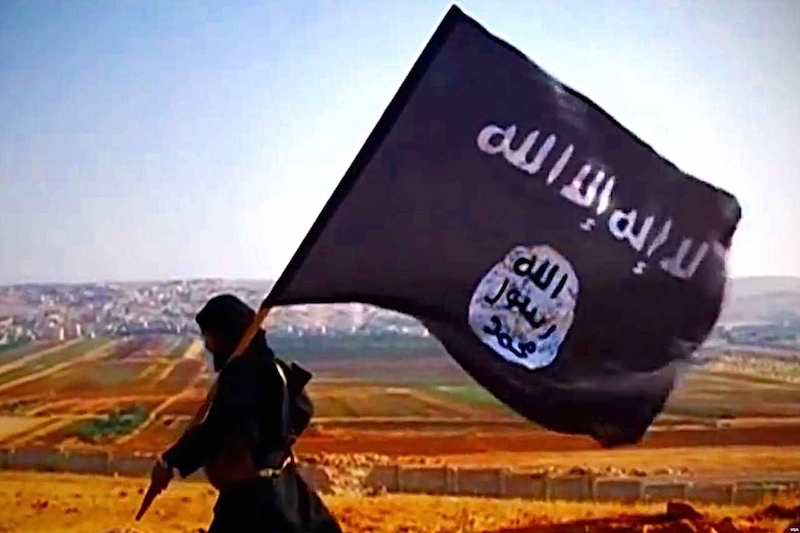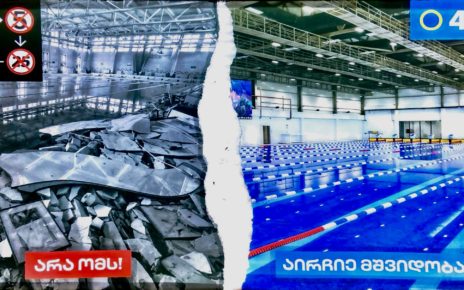On April 19, 2015, nearly 800 migrants perished in the waters of the central Mediterranean, some 100 kilometers off the Libyan coastline. Following this tragedy, part of a string of deadly shipwrecks since January, calls emerged from capitals across Europe appealing spiritedly for change to Europe’s Mediterranean migrant policy. One voice, however, emanated louder than the rest.
For Italian Prime Minister Matteo Renzi, the unfolding Mediterranean migrant crisis represents a significant puzzle. On one hand, the crisis represents a serious humanitarian emergency, which if unchecked, could have a lasting and damaging effect upon Europe’s humanitarian reputation and the security and stability of the region. On the other hand, however, this crisis could tender a rare opportunity for Renzi to stake his claim to the upper echelon of European leadership.
Operation Mare Nostrum (Our Sea), was Italy’s response to the emerging migrant crisis. Launched in October 2013, the operation intended to tackle illegal migration to Europe by patrolling large swaths of the Central Mediterranean with Italian naval and air assets. The operation, which ran for nearly a year, cost the Italian government €115 million according to reports. The cost forced Renzi, and Italy, to look to Europe in order to re-balance their policy in the Mediterranean.
Finding his European Footing
Finding his footing in Europe is a priority for both Renzi and the Italian political elite who, since the fall of the flamboyantly boisterous and charismatic Silvio Berlusconi, have struggled to re-assert any signs of tangible leadership across the continent. Renzi’s political capital could be key to achieving broader cooperation and consensus over migrant policy. Prime Minister Renzi is quite vocal about Europe’s role in the migrant crisis. On June 23, Renzi penned a piece in The Guardian calling upon European leaders to reinforce Italy’s commitment to confronting this humanitarian disaster. With this appeal, he asserts, “responsibility and solidarity are concepts that go hand in hand…Europe must have a strategy. And it needs to be clear. Today’s uncertainty will lead to tomorrow’s problems.” According to one report by the International Organization for Migration, deaths at sea have risen nine times since the end of Mare Nostrum.
Operation Triton replaced Mare Nostrum in November 2014. Orchestrated by Frontex (The European Union’s security border agency), the operation features a smaller organizational force compared to Mare Nostrum. Triton has also come under harsh criticism by international observers for being inadequately funded especially when considering Frontex’s €145 billion budget. Whereas Mare Nostrum was hamstrung by Italy’s inability to increase funding, Operation Triton (and its potential successors) is hamstrung by the European Union’s inability to reach a swift consensus on Europe’s policy in the Mediterranean.
Notwithstanding the above, the evolution from Mare Nostrum to Triton should not be viewed as a failure of Italian authorities to handle their business. Instead, it represents a sly political move on the part of the Renzi government. By re-calibrating the Mediterranean policy through Triton, Italy has forced Europe’s hand into backing its strategy in the Mediterranean. Triton, which is backed by fifteen European governments including Germany, France, Sweden and Spain, is key to achieving broader consensus and cooperation over migrant policy. Triton has the ability to expand its operational capacity and scope on the EU’s dollar, not the Italian government’s. For Renzi, Triton represents an opportunity to strengthen his political position domestically while simultaneously re-asserting Italy’s position in Europe.
If Renzi is to ascend to the upper echelon of European leadership, he is going to need to convince ‘top-dog’ politicians to play the game on his terms. Already, squabbling between France and Italy over Paris’ refusal to allow migrants to cross the Italian-French border points to the arduous task ahead for the Prime Minister. Disagreements across the continent threaten Renzi and Europe’s ability to construct a cohesive and effective response. If, however, Renzi can convince leaders like French President François Hollande and German Chancellor Angela Merkel to embrace his strategies, then he will be well on his mercurial path onwards and upwards.
In April 2015, Renzi published an op-ed in the New York Times. He sums up his government’s purposeful commitment stating, “We will not be cornered by fear. Our path towards prosperity, justice and freedom will continue guided by the light of the values that the Mediterranean gave birth to.” Matteo Renzi’s commitment to tackling the migrant crisis in the Mediterranean is steadfast and absolute. Surely, it represents the loudest and most passionate voice on the continent. Only time will tell if the rest of Europe will adopt a similar attitude.




